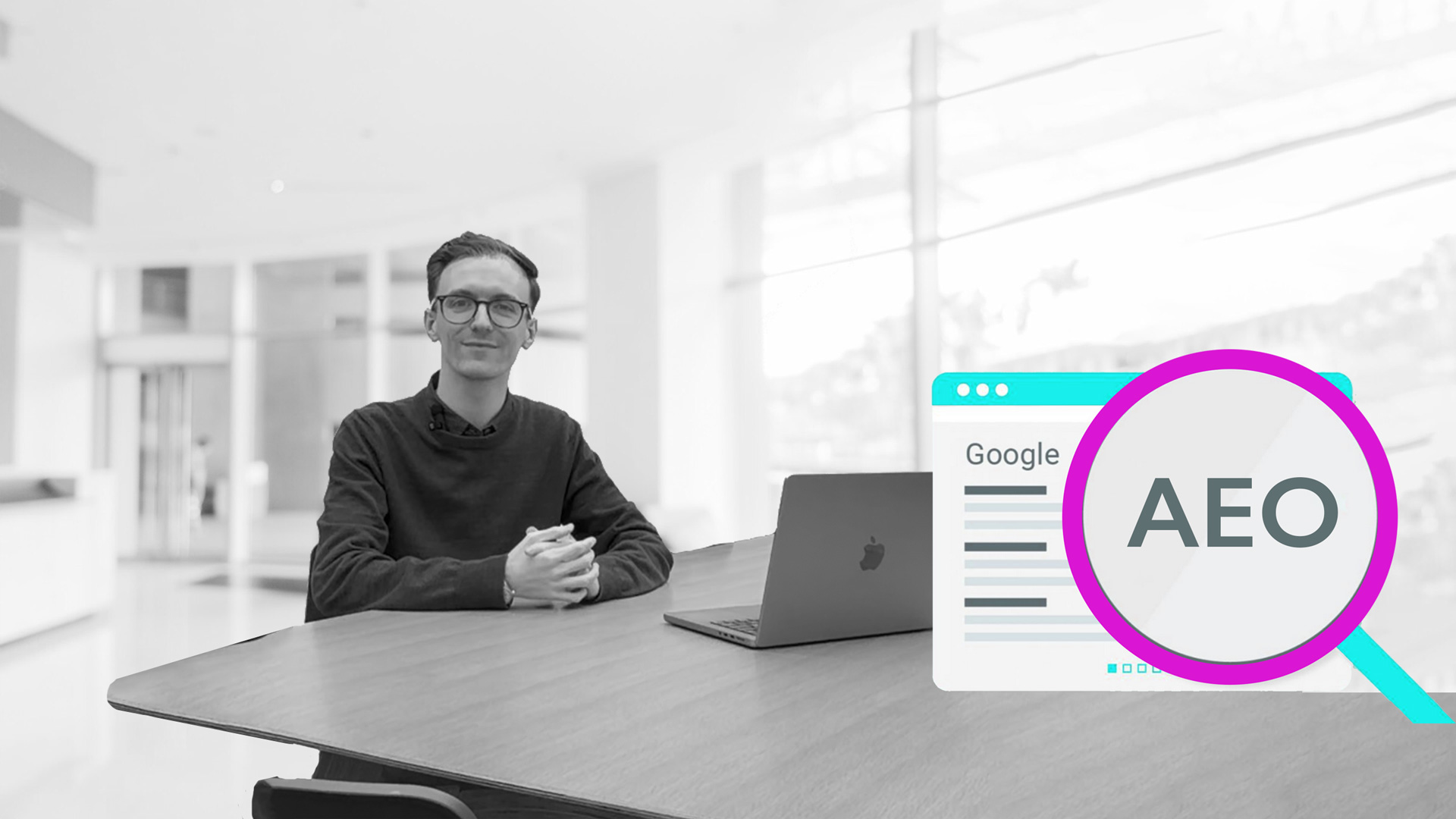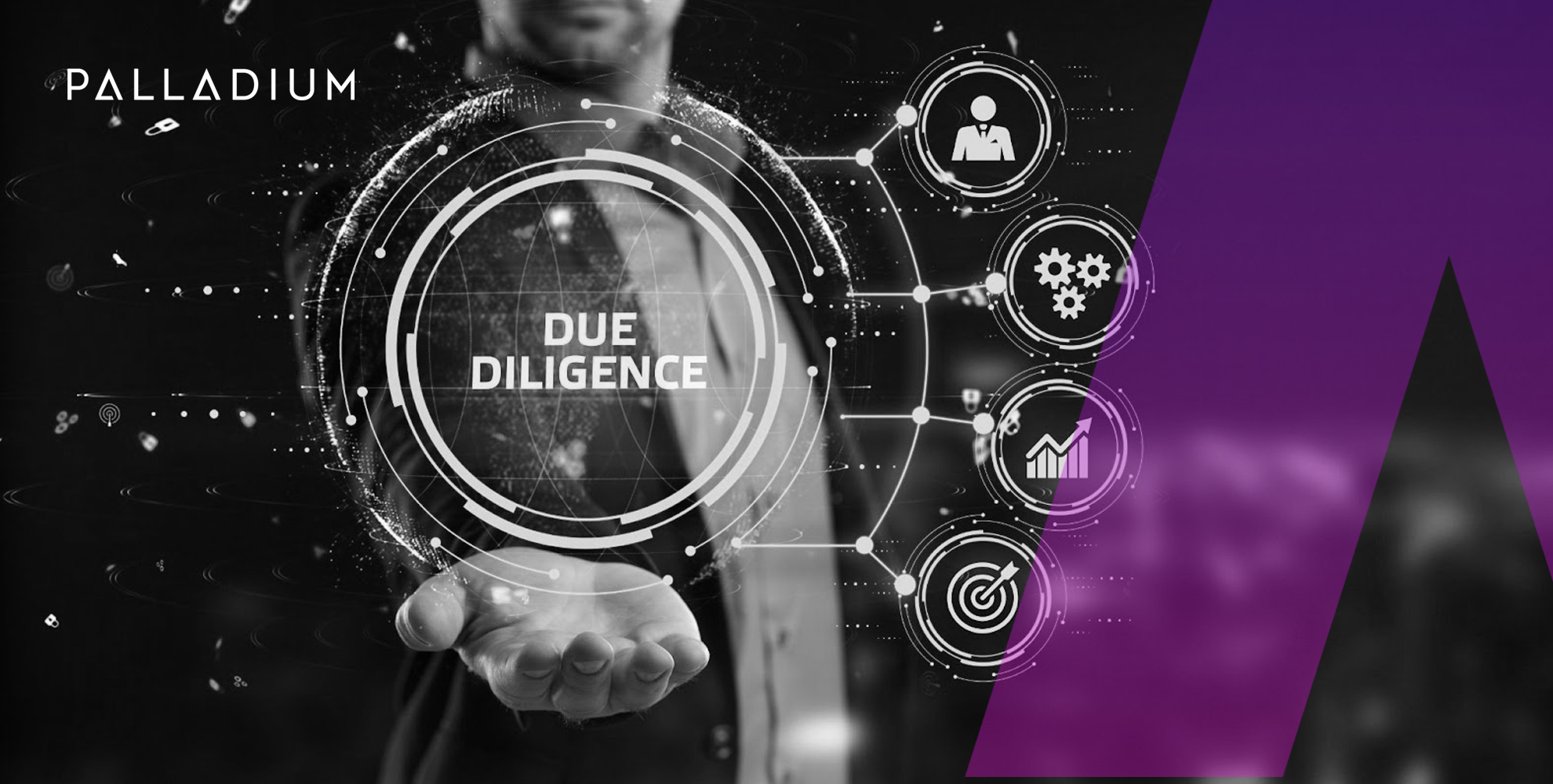Last month, Palladium and Next 15 hosted an event called ‘Cracking the Code: AI’s Impact on Private Equity Deals’ at our London HQ. We were delighted to host several esteemed panellists, including Jonathan Peachey, Chief Operating Officer of Next 15, Rich Klee, Product and Tech Director of Palladium Group, Helen Hunter, Chief Product Officer for multiple FTSE 100 companies, and Nicola Gray, Investment Partner at Epiris. James Prebble, Chief Executive Officer of the Palladium Group, hosted the thought-provoking session.
It was a terrific event that yielded many interesting opinions, and we’d like to thank everyone who attended. And, of course, we’d like to say a big thank you to the panellists, who shared plenty of fascinating insights with the audience.
Initial Reactions to AI Developments
The discussion got off to a lively start. After reflecting on the tidal wave of optimism, scepticism, buzz and opportunity with ChatGPT, James asked the panel about their initial thoughts on AI. Jonathan Peachey, COO of Next 15, explained that he was a techno-optimist and had been tracking AI for some time. When ChatGPT was released, Jonathan was excited at the possibilities it offered and drew attention to its impact compared to other innovative but perhaps over-hyped technologies, saying, “You can’t overlook it in the same way as blockchain and VR.” Helen Hunter, Chief Product Officer for multiple FTSE 100 companies, explained that in the FTSE 100 businesses she works with, “there is an underlying hunger to unleash capability to drive efficiency—algorithms don’t get hungry and bored.”
Nicola Gray, Investment Partner at Epiris, explained that the company was embracing the change, using it to augment processes as opposed to automation. She predicted that AI tools would work with humans in the loop at least over the next 10 years. Commenting on his initial reactions, Rich Klee, Product and Tech Director of Palladium Group, said: “We’re in the middle age of AI currently, and unlocking opportunity depends on the nature and ambitions of individual businesses.”
Exploring AI Use Cases
James pivoted the conversation to AI and private equity use cases, noting that the AI trajectory is only going to get faster, with more adoption for a range of business sizes. Jonathan discussed an emerging use case within Next 15, where they are using AI to conduct pain point interviews with synthetic personas to work out the target areas for customer pain. He said, “You can do quite a lot with synthetic personas that allow you to work out where the target area for customer pain is, and then do a far smaller number of interviews at the end… typically we might do 400 to 500 interviews to get to the heart of customer pain, and that can be reduced to 40 to 50.”
Nicola explored the impact of horizontal, sector-agnostic use cases, such as chatbots that take on a customer relations role, answering queries. “There is some nuance, as chatbots work well with some customer groups but less with others,” she explained. But she also touched on how AI is impacting the M&A process. For example, Epiris use AI to replicate the capabilities they want within portfolio companies to build a model to identify bolt-on acquisitions, all the way through to targeting and comms.
Reflecting On AI Threats and Challenges
James then turned the discussion to the challenges, threats and barriers to AI adoption, which yielded some interesting viewpoints from the panellists. Helen made a vital point about a holistic approach to AI implementation, saying that initiatives fail when they’re conceptualised as a technology play. “These initiatives need engineering chops, legal counsel to ensure the ethical standpoint is sound, that you’ve thought through IP and complex issues of ownership,” she said, adding that it's easy for opportunities to become reductive very quickly.
Agreeing with Helen’s point, Rich emphasised that it’s all about change management and education to ensure people don’t become disillusioned. Highlighting the role of education, he said: “It’s vital for firms to put effort into education because you’re not going to get the benefit without a skilled craftsman using it.”
What Does the Future Hold for AI and Private Equity?
James asked the panel what they think the future holds for AI in the deals process. Rich is the first to respond, saying: “AI will gradually creep into more of the deal process. At the moment, there is still a trust issue—as there should be—as hallucinations are still not well understood in large language models and generative AI. As people gain confidence and trust, it’ll become more and more integrated.” The discussion demonstrated that some firms are further along in the process than others, as Rich said that he knows of a firm that gives their GPT a vote on the investment committee.
But he also reassures the audience about the future of AI, stating that rapport and human emotion will still be important for some time. Helen builds on this point, saying: “Inventions make us faster, better and more accurate, but the ability to see round corners and conceptualise a problem nobody knew existed is, for me, the optimistic view of the human race.”
AI and Private Equity Deals: Panellist Conclusions
To bring the panel to a close, James asked the panellists what advice they’d give portfolio companies and funds about where to focus their attention. The advice the panellists gave was similar—lean into AI because it's moving fast. Go in with an open mind, but make sure you’ve got access to a secure GPT environment and focus on education to avoid disillusionment.
Jonathan ends the insightful discussion with a vital point for private equity firms and their portfolio companies to take heed of: “AI is a little like fracking because it gives you the opportunity to get organisational information in a new way. AI models are available to everybody—the only moat you have is data that is definitively yours.”
It was a fantastic event, gleaning many vital insights that private equity firms and portfolio companies to mull over wherever they are in their AI implementation journey. Don’t worry if you didn’t make it to the event because you can watch the insightful discussion on YouTube.
For more information on Palladium’s AI Impact Assessment service, please don’t hesitate to contact us



